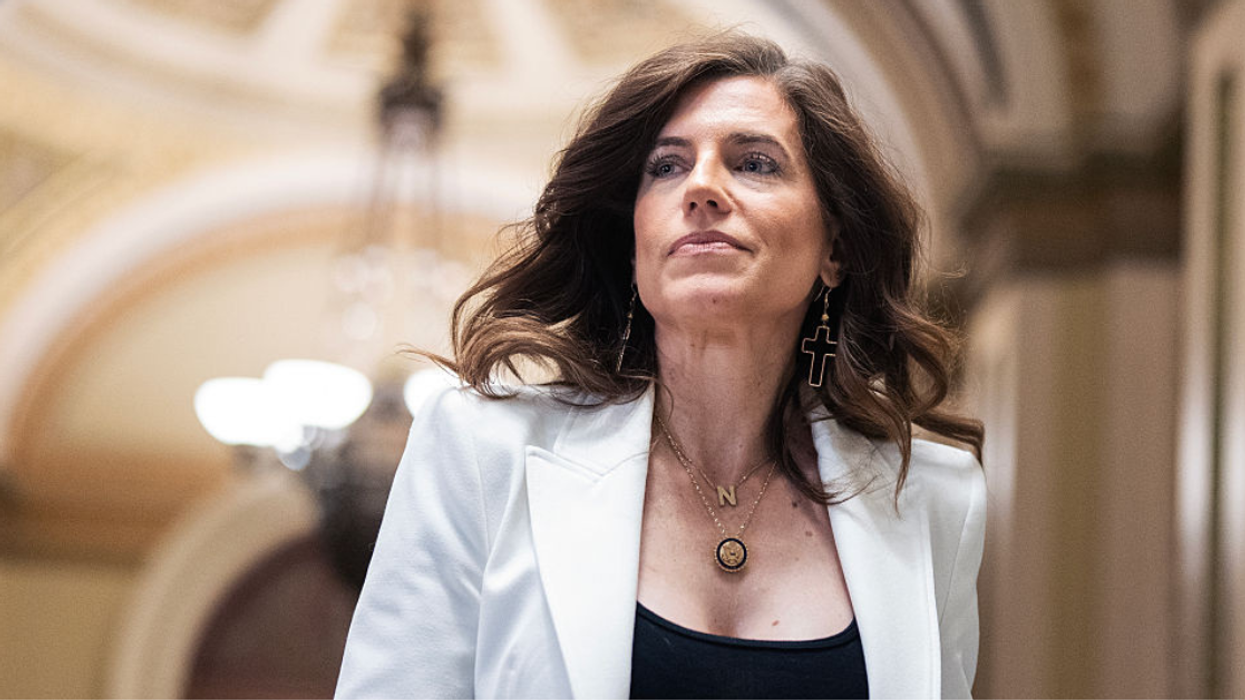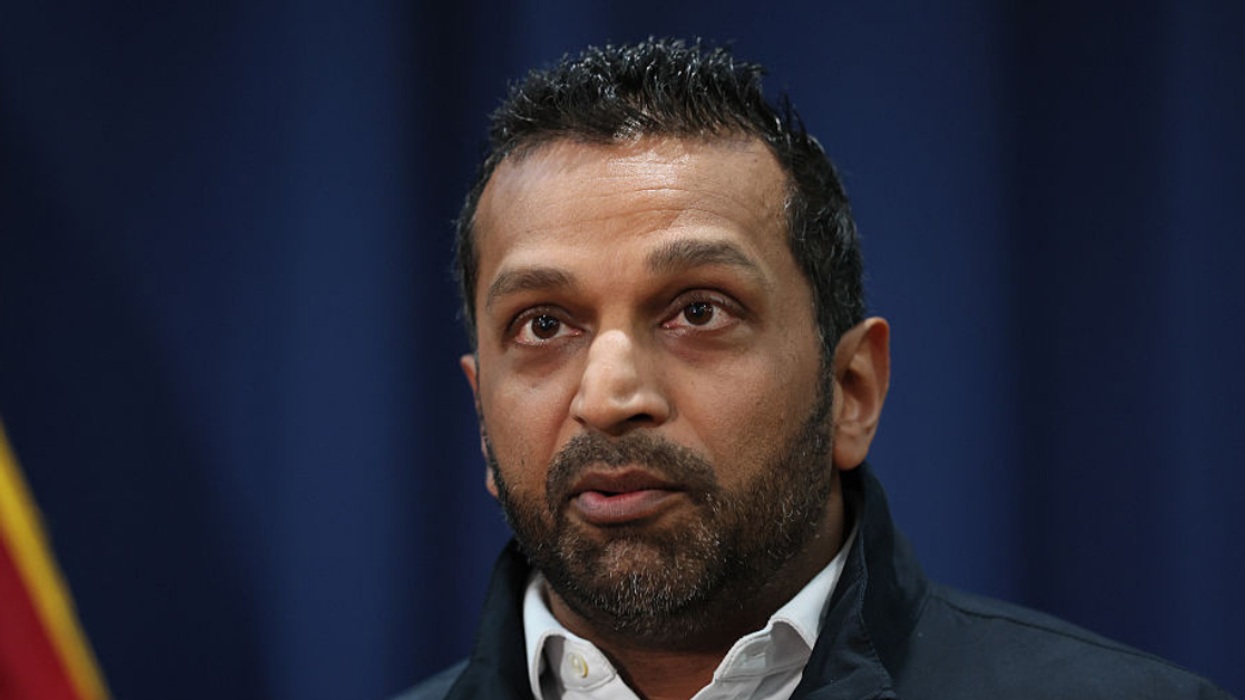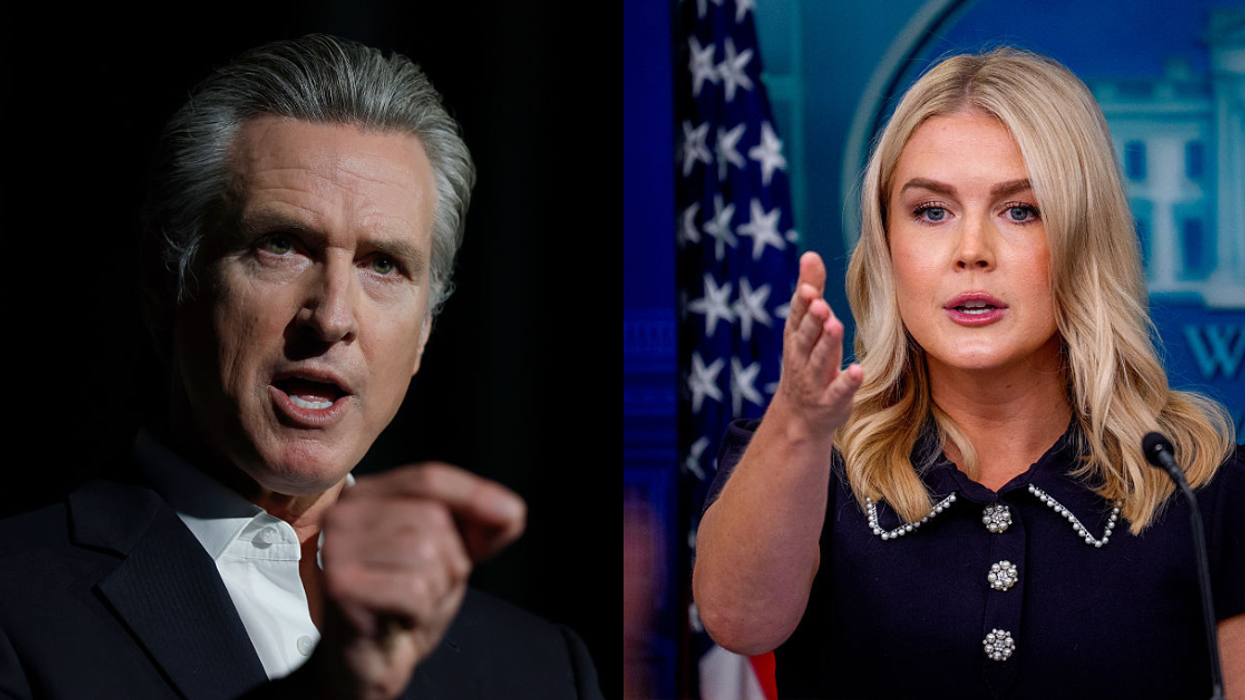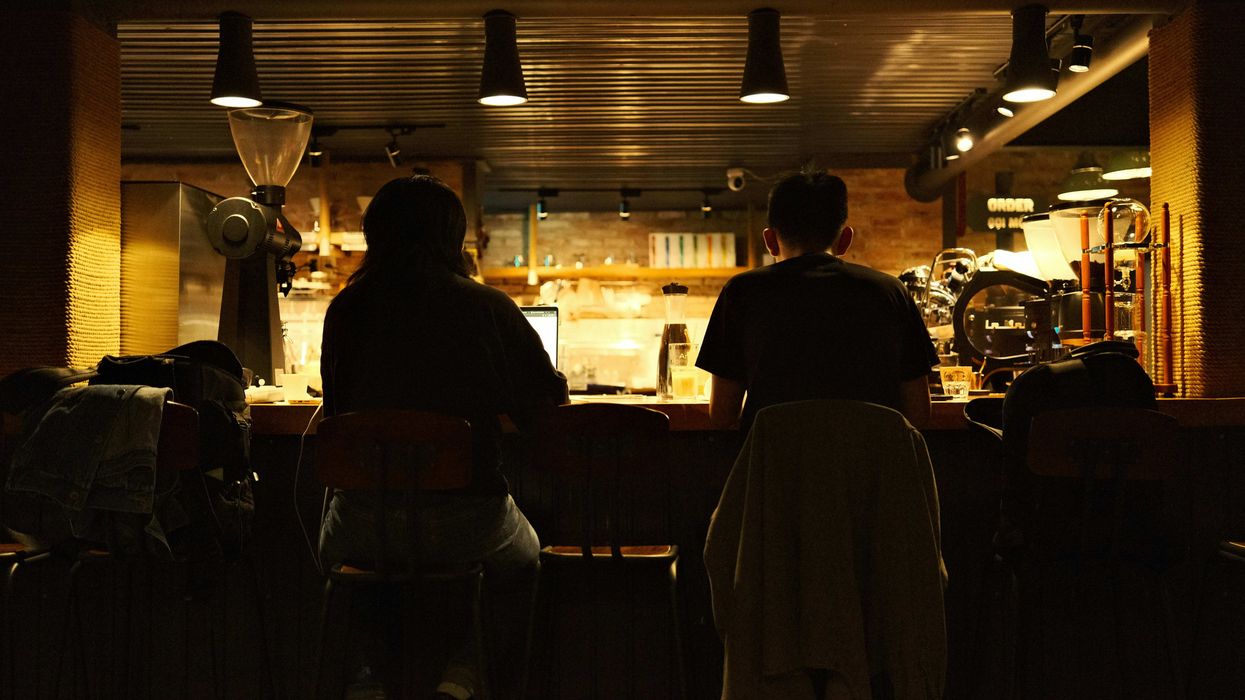It seems climate change could claim another victim: coffee.
Brace yourselves, folks. You might want to hold on to your cup of joe for as long as you can.
Researchers at Kew Royal Botanic Gardens in the UK studied endangered coffee species using the latest computer modeling techniques and found that 60% of wild coffee species are on the brink of extinction due to deforestation, droughts, and plant diseases, according to AFP.
Lead researcher, Aaron P. Davis, told CNN about the threat of a perpetually warming planet having adverse effects on the growth of coffee.
"The important thing to remember is that coffee requires a forest habitat for its survival."
"With so much deforestation going on around the world, wild coffee species are being impacted at an alarming rate."
"Considering threats from human encroachment and deforestation, some (coffee species) could be extinct in 10 to 20 years, particularly with the added influence of climate change,"
People are getting justifiably cranky.
The study published in Science Advances indicated that researchers analyzed 124 species, mostly abundant in tropical Africa, the Indian Ocean islands—which include Madagascar, Comoros Islands, and Mascarene Islands—Asia and Australia and found that 75 species are at risk of extinction, including "13 being critically endangered, 40 endangered, and 22 vulnerable species."
Arabica and Robusta are two of the species made for global consumption, both of which were categorized as endangered.
Unless governments and commercial producers implement ways to protect coffee species, consumers will be paying a lot more for their morning fix.
Now coffee drinkers are caring about the environment more than before.
The Kew researchers accessed climate data from Ethiopia in the last 40 years to determine the rate at which deforestation and warming temperatures were destroying the ecosystem.
They discovered that nearly a third of wild Arabica species were grown outside of conservation areas, making them more vulnerable for decimation.
Davis assured there is no immediate threat, but he did warn about the bleak future of coffee farming.
"As a coffee drinker you don't need to worry in the short term. What we are saying is that in the long term if we don't act now to preserve those key resources we don't have a very bright future for coffee farming."
The team also expressed concern for the livelihood of coffee farmers in Ethiopia, many of whom are forced to relocate because of climate change.
Davis suggested that wholesalers should pay the farmers a "fair price" so they can invest and improve upon their methods to secure the future of production.
But that would also require governments to regenerate forests to ensure the future of coffee farming.
According to E-Imports, 150 million Americans over the age of 18 drink coffee every day. The thought of that many people suddenly on coffee withdrawal because of climate change is a huge wake up call.











 @winnieharlow/Instagram
@winnieharlow/Instagram






 @realDonaldTrump/Truth Social
@realDonaldTrump/Truth Social
